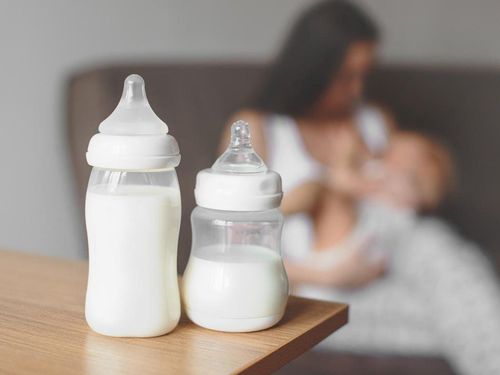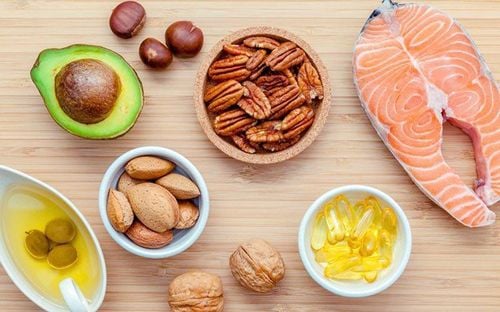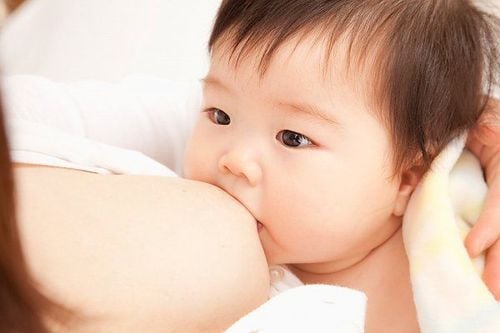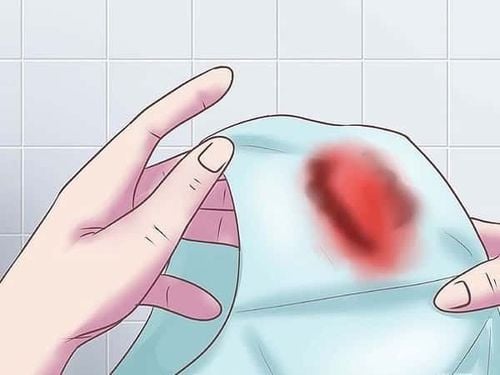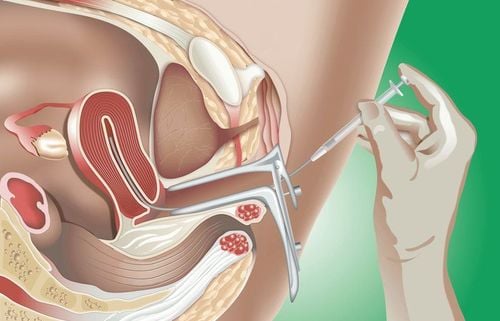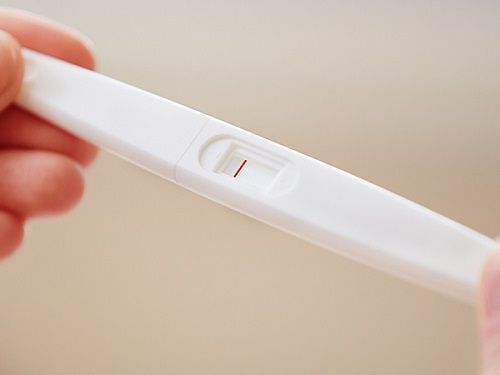This is an automatically translated article.
What you eat, drink, and breathe in can all get into your bloodstream and then through your breast milk, so breastfeeding moms should learn how herbs, caffeine, nicotine and addictive substances work. can negatively affect your milk supply and your baby's.1. What foods should be avoided while breastfeeding?
Foods you should limit while breastfeeding include certain types of fish. Eating between 230 and 350 grams of most fish and seafood per week is best for you and your child, especially, fish with high levels of mercury should be avoided.Unlike rumors that have no scientific basis, the food you eat will not make a nursing baby more upset or fussy. Every baby is different, so if you notice a certain food seems to alter your baby's ability to suckle, talk to your doctor. If your baby seems to be reacting to something in your diet, the culprit is most likely cow's milk or soy.
2. Is it safe to take medicine while breastfeeding?
Most medications are safe to use while you're breastfeeding. However, small amounts pass into breast milk and some medicines can affect your milk supply. To be on the safe side, consult your doctor or pharmacist before taking any medicine, even those without a prescription. You can also refer to the following resources for additional information on drug and breast-feeding safety ratings. In this classification, drugs are divided into 4 groups based on which drugs are safe, most likely safe, can cause problems, and not safe to take while breastfeeding.
Hầu hết các loại thuốc đều an toàn để sử dụng khi bạn đang cho con bú
3. Is it safe to take herbs while breastfeeding?
This depends on the herb you are using. Herbs and herbal products may be considered "natural," but they may not be safe for you or your baby. Because herbs can have very potent activities, it is important to check with your healthcare provider before using them, including herbal teas and essential oils.Like medicines, herbs can pass into breast milk and may affect milk supply and quality of breast milk. For example, some unproven effects of mint, parsley, or sage may reduce breast milk supply.
But unlike over-the-counter and prescription drugs, herbs are not regulated by the Food and Drug Administration (FDA), so there are no guarantees about their safety, efficacy, or effectiveness. fruit or purity. And very few herbs have been studied to understand their effects on nursing babies - so even experts aren't entirely sure which herbs are safe and which aren't. whole. Herbs, such as fenugreek and fennel, have been used for centuries to increase milk supply for nursing mothers, but there is little data to show they are safe (or effective). for nursing mothers and infants.
Echinacea is used to prevent or treat colds. This is a commonly used herb but should be used with caution. Some experts cite a lack of safety data and advise mothers to avoid using this herb while breastfeeding. Additionally, echinacea is often combined with goldenseal, which can be toxic even in moderate doses.
Caution should be exercised when using herbs while you are breastfeeding. You should consult your healthcare provider before using any herbal remedy.
Most herbs used for seasoning - such as dill, rosemary and cilantro - can be included in your daily diet in moderate amounts without causing any side effects. what ominous. However, some, like sage, can cause problems if you use them in large amounts or in concentrated concentrations, such as as medicine or in tea.
There are several interactions between herbs and between herbs and drugs that you should be aware of. Consult your doctor or pharmacist for more information.

Những bà mẹ đang nuôi con bằng sữa mẹ nên tìm hiểu cách các loại thảo mộc, cafein, nicotin và các chất gây nghiện
4. Some herbal products affect breast milk
4.1. Herbal teas Breastfeeding mothers should use herbal teas with caution and only in moderation. The herbs in the tea are concentrated. You should choose teas that have all the ingredients listed and check the effects of these ingredients on the quality of breast milk. For example, chamomile tea (Germany) or ginger tea are considered safe, but stay away from any tea that contains goldenseal.4.2. Herbs to Avoid While Breastfeeding You should avoid the following herbs, as some affect lactation and some may harm the infant. Includes: aloe, anise, blue cohosh, buckthorn bark and berries, caraway oil, cascara sagrada bark, coltsfoot leaf, bellflower, sprout, gordolobo yerba tea, Indian snake plant Do, Jin Bu Huan, kava, margosa oil, mistletoe, pennyroyal oil, peppermint oil, petasites, rhubarb root, sage, skullcap, uva ursi, yerba mate tea
Feverfew commonly used Used to treat migraine headaches. However, there is not enough information about the safety or effectiveness of this herb for nursing mothers and infants.
Grass St. John's wort is commonly used to treat depression. This herb can interact dangerously with many medications and may decrease the effectiveness of hormonal contraceptives. Its full effect on the nursing infant is unknown, but the Natural Medicines database reports that breastfed infants of mothers taking St. John's wort may be listless or drowsy and stomach upset.
Virgin fruit, although this herb has been touted to promote milk production, it is potentially unsafe. Some studies show that this herb is even more effective at reducing lactation than increasing secretion.
4.3. Herbs to consult with your doctor before use Although herbs like fenugreek have been suggested to boost milk production, most herbs are still unproven by science. is safe or effective. Some other herbs include: thistle, borage, false unicorn root, fennel seed, fenugreek, goat's blood, raspberry leaf, nettle, verbena (also known as grass) whip)
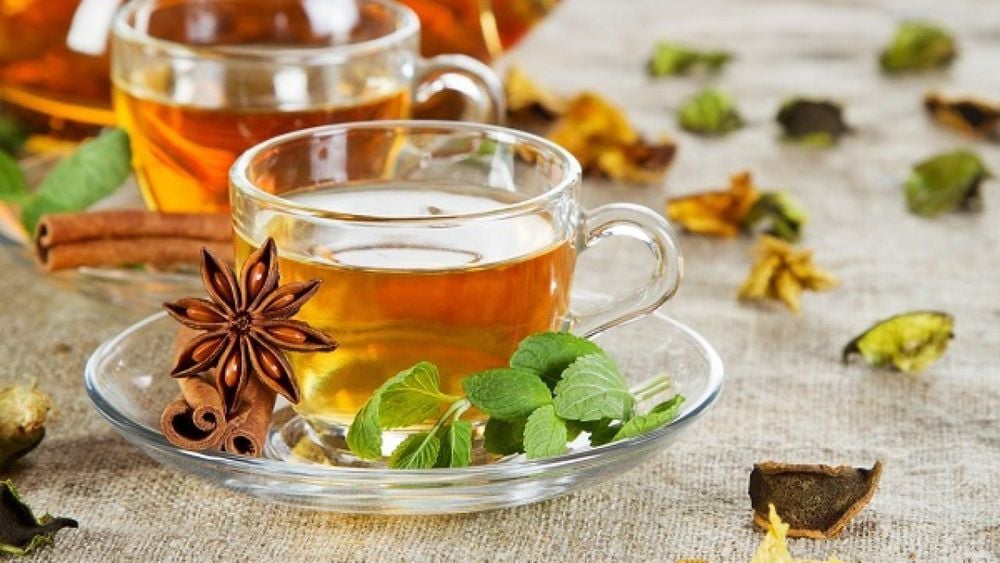
Các bà mẹ đang cho con bú nên sử dụng các loại trà thảo mộc một cách thận trọng và chỉ với lượng vừa phải
5. Effects of Alcohol, Caffeine, Marijuana or Nicotine Use on Breastfeeding
Protecting the newborn from the effects of alcohol, caffeine, nicotine and marijuana while breastfeeding is just as important as during pregnancy.5.1. Alcohol The amount of alcohol your baby gets from breast milk depends on how much alcohol you drink and when you drink it. The alcohol concentration in breast milk peaks about 30 to 90 minutes after the last drink. But it takes two to three hours for a single drink to completely clear this alcohol from your body. Drinking alcohol can harm a child's motor development and adversely affect a child's eating and sleeping habits.
It's safest not to drink alcohol, but occasional drinking shouldn't have any worrisome effects if you take the right precautions and drink time. After you drink alcohol, wait at least two hours for each drink before breastfeeding. You can pump breast milk before drinking to feed your baby at the next feeding.
5.2. Caffeine Drinking more than 300 mg of caffeine per day can affect an unborn baby. When caffeine enters the bloodstream, a small amount is secreted into breast milk. Your baby's body can't easily break down and excrete caffeine, especially during the first few months of life, so over time it can build up in your baby's body. It can make your child irritable and make it difficult to sleep.
Limit your caffeine intake to less than 300 mg per day - maybe even less if your baby is low birth weight or premature.
In addition to coffee, other products such as tea and energy drinks, some soft drinks and dark chocolate also contain caffeine. Check the caffeine concentration in each product to see how much is in the beverage you use. If your baby shows signs of excitement, try cutting back on caffeine or talk to your doctor.
5.3. Cannabis When you use marijuana, small amounts of THC (the drug's psychoactive ingredient) appear in your breast milk. Secondhand smoke increases your baby's exposure to marijuana. There are no conclusive studies on the effects of THC on breastfed infants, so the risks are unknown. Studies show that THC can decrease breast milk production.
The American Academy of Pediatrics and the American Association of Obstetricians and Gynecologists recommend that women who are breastfeeding should not use marijuana.
5.4. Nicotine If you smoke, the amount of nicotine in your breast milk is much greater than the amount in your blood. Tobacco smoke contains about 4,000 chemicals, including more than 60 that cause cancer. How much of these chemicals is found in smokers' breast milk, and to what extent, has yet to be determined.
Studies show that babies sleep less when mothers smoke before breastfeeding. Heavy smoking can significantly reduce your milk supply and cause early weaning.
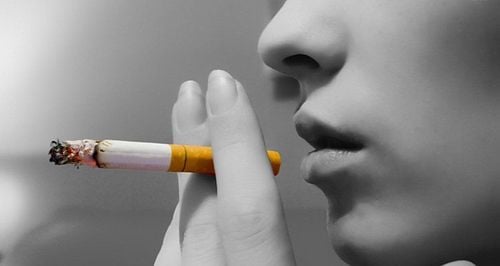
Nếu bạn hút thuốc, lượng nicotine trong sữa mẹ sẽ lớn hơn nhiều so với lượng trong máu của bạn
Never smoke around a baby, especially in the house or car, or in any other area. any other enclosed areas your baby may come into contact with. Wash hands and face, and change clothes after smoking.
Children in the period from 6 months to 3 years old are very susceptible to respiratory problems, respiratory infections, skin diseases and gastrointestinal infections... parents need special attention attention to the care and provision of adequate nutrition for children. The pediatric department at Vinmec International General Hospital is the address for receiving and examining diseases that infants and young children are susceptible to: viral fever, bacterial fever, otitis media, pneumonia in children. With a system of facilities, modern medical equipment, sterile space, minimizing the impact as well as the risk of disease spread, Vinmec will bring satisfaction to customers. and is highly appreciated by industry experts with:
Gathering a team of leading pediatricians: Including leading experts with high professional qualifications (professors, associate professors, doctors, Master's degree), experienced, worked at major hospitals such as Bach Mai, 108.. The doctors are all well-trained, professional, conscientious, knowledgeable about young psychology. In addition to domestic pediatric specialists, the Department of Pediatrics also has the participation of foreign experts (Japan, Singapore, Australia, USA) who are always pioneers in applying the latest and most effective treatment regimens. . Comprehensive services: In the field of Pediatrics, Vinmec provides a series of continuous medical examination and treatment services from Newborn to Pediatric and Vaccine,... according to international standards to help parents take care of their baby's health from birth to childhood. Advanced techniques: Vinmec has successfully deployed many specialized techniques to make the treatment of difficult diseases in pediatrics more effective: neurosurgery - skull, stem cell transplant blood in cancer treatment. Professional care: In addition to understanding children's psychology, Vinmec also pays special attention to the children's play space, helping them to play comfortably and get used to the hospital's environment, cooperate in treatment, improve the efficiency of medical treatment.
Please dial HOTLINE for more information or register for an appointment HERE. Download MyVinmec app to make appointments faster and to manage your bookings easily.
Reference source: babycenter.com



